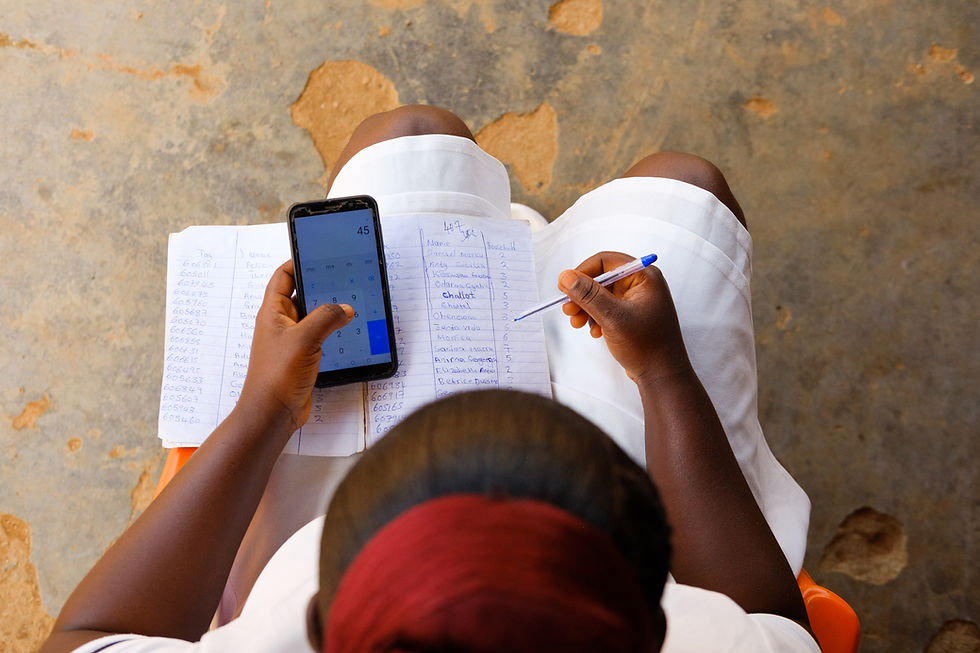Tackling the Water Crisis Amidst Alarming Global Water Shortages
- projectmaji
- Sep 29, 2024
- 2 min read
Access to safe drinking water is a basic human right, yet a recent study by Greenwood et al., (2024) reveals an alarming reality: over 4.4 billion people—more than double the previous estimates by WHO and UNICEF—lack access to safely managed drinking water. This new data highlights the scale of the global water crisis, particularly in low- and middle-income countries where only one in three people have reliable access to clean water.
At Project Maji, we are acutely aware of these challenges and have been working relentlessly to combat water poverty in Sub-Saharan Africa. Our mission is to provide sustainable, solar-powered water kiosks that serve rural communities, ensuring access to safe water where it's needed most. Since our founding in 2015, we have transformed the lives of over 300,000 people, delivering more than 200 million liters of clean, drinking water annually across Ghana, Kenya, and Uganda.

Our goal is clear: by 2025, we aim to significantly increase sustainable access to safe water. Through our innovative technology and unique model—combining grant funding for installation with water sales to cover operational costs—we ensure both financial sustainability and community ownership, laying the foundation for long-term success.
However, Project Maji’s progress has not been achieved alone, and we believe addressing global water challenges requires collective action. At World Water Week 2024 in Stockholm, experts highlighted the essential role of the private sector in water stewardship, where businesses integrate sustainable water management practices to mitigate risks. According to the World Economic Forum, water scarcity poses one of the top global risks to economies, urging stronger corporate responsibility.
There is also a growing need for innovative financing, as studies by the World Bank estimate an annual $114 billion is needed to achieve universal access to safe water by 2030. Sustainable models, blending public and private capital, are essential to scale WASH services.
Furthermore, collaboration among economists, researchers, and practitioners is vital for crafting sustainable investment roadmaps. With over 4 billion people still lacking safe drinking water, interdisciplinary partnerships are key to addressing these gaps.
Finally, digital technologies are transforming water management. AI and big data are improving resource allocation, as research by WaterAid shows, driving more effective WASH interventions and ensuring long-term solutions.
The Global Water Crisis: A Wake-Up Call
The Greenwood study’s findings are a stark reminder of the urgent need for scalable, sustainable solutions to address the water crisis. More than half of the world's population is still without access to safe drinking water, with rural communities disproportionately affected. This underscores the importance of initiatives like Project Maji, which are not only providing immediate relief but also building systems designed for long-term resilience. Project Maji emphasizes collaborative efforts and high-impact partnerships with private and public sector stakeholders. These partnerships amplify impact, enabling the development of innovative technologies and financing mechanisms essential to delivering sustainable water services.


